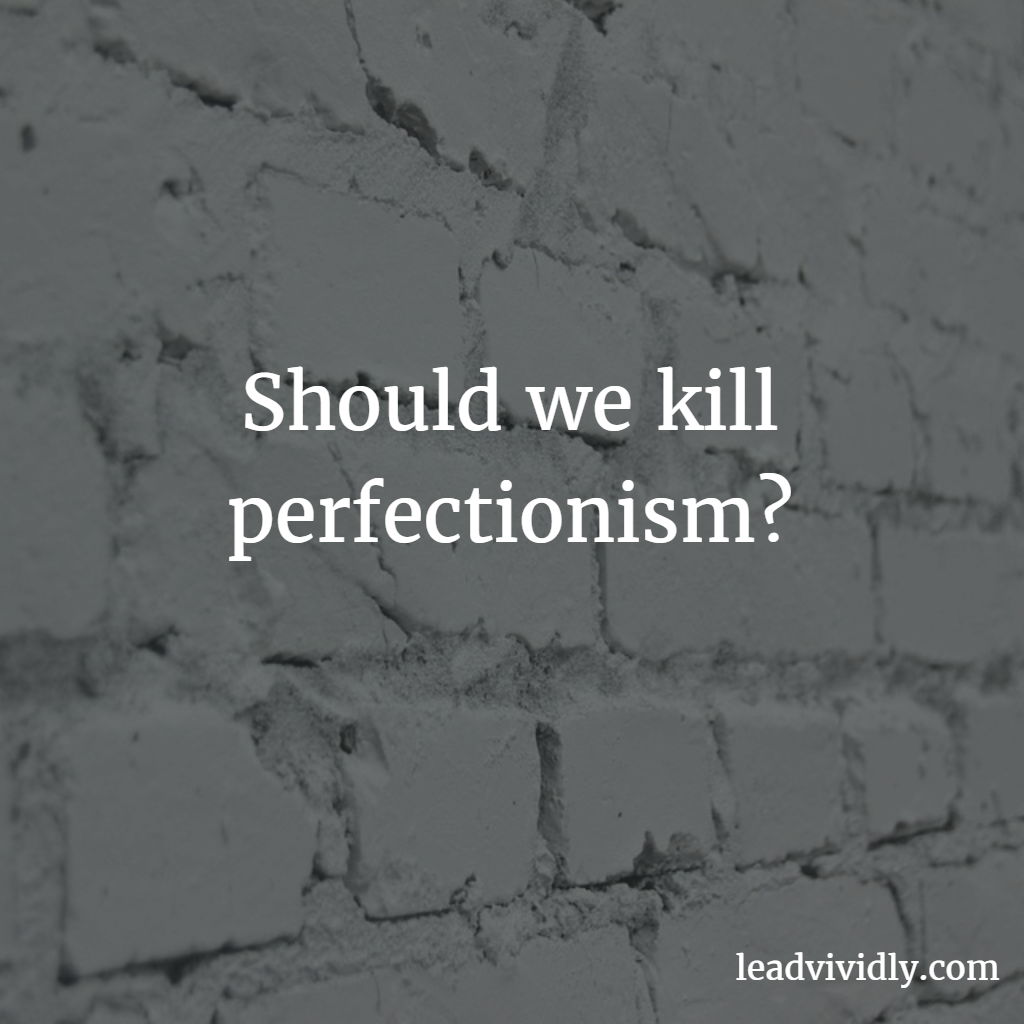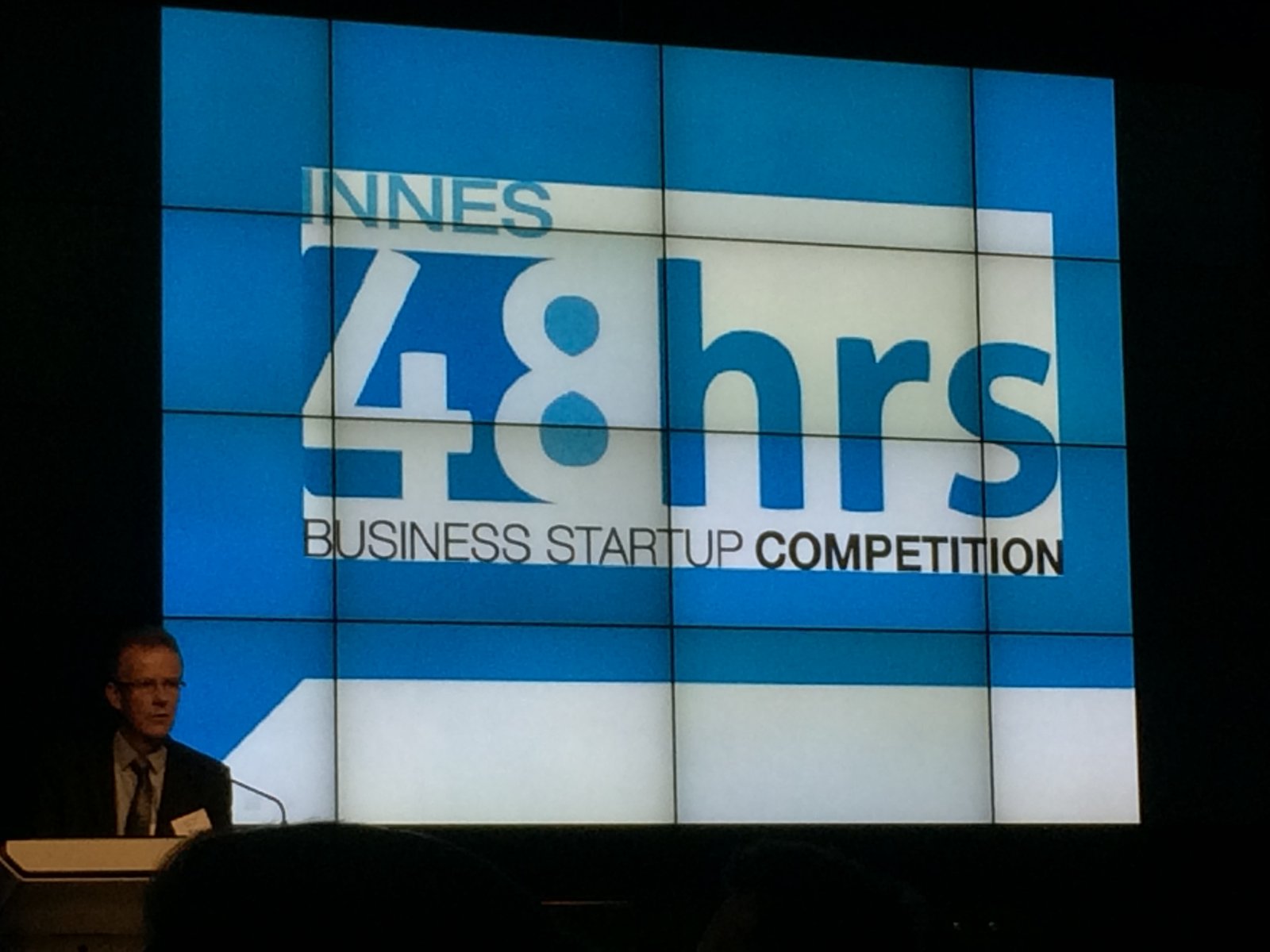 We no longer live in a world where everyone feels the need to always strive for perfection.
We no longer live in a world where everyone feels the need to always strive for perfection.
As a leader and self-diagnosed perfectionist this poses some big challenges.
- There are no perfect decisions; more time, does not equal more right. In fact, the sooner you decide, the sooner you move forward and learn.
- There is no perfect design; as everyone has different tastes and opinions.
- There is no perfect strategy; as all plans change as they encounter the real issues in the marketplace.
In the startup and knowledge economy I’ve come to understand that perfect is the enemy of speed. Which is why at coHired, our company-wide number one priority includes the phrase “deliver a slightly embarrassing product”.
Slightly embarrassing means that we collectively kill perfectionism, knowing that the best path to perfect is by delivering the imperfect and learning from it.
∴
If you’re a struggling perfectionist like me, here’s a tip:
I’m learning to break my perfectionist tendency by giving the work I would normally try to ‘perfect’ to someone else. It’s almost guaranteed they won’t do it the way I would, which means it won’t be my kind of ‘perfect’, but it almost always is great enough to move forward.

 “You don’t understand,” I said partly in jest, “It has nothing to do with their fear of change. It’s ALL my own insecurities.” As soon as I heard the words leave my mouth, even though I was meaning them to bring humour, I knew they were true.
“You don’t understand,” I said partly in jest, “It has nothing to do with their fear of change. It’s ALL my own insecurities.” As soon as I heard the words leave my mouth, even though I was meaning them to bring humour, I knew they were true. Over the last couple of years I have met quite a number of incredibly intelligent uni students who want to make a positive dent in the world. Many are passionate about social enterprise and using business to change the world.
Over the last couple of years I have met quite a number of incredibly intelligent uni students who want to make a positive dent in the world. Many are passionate about social enterprise and using business to change the world.




